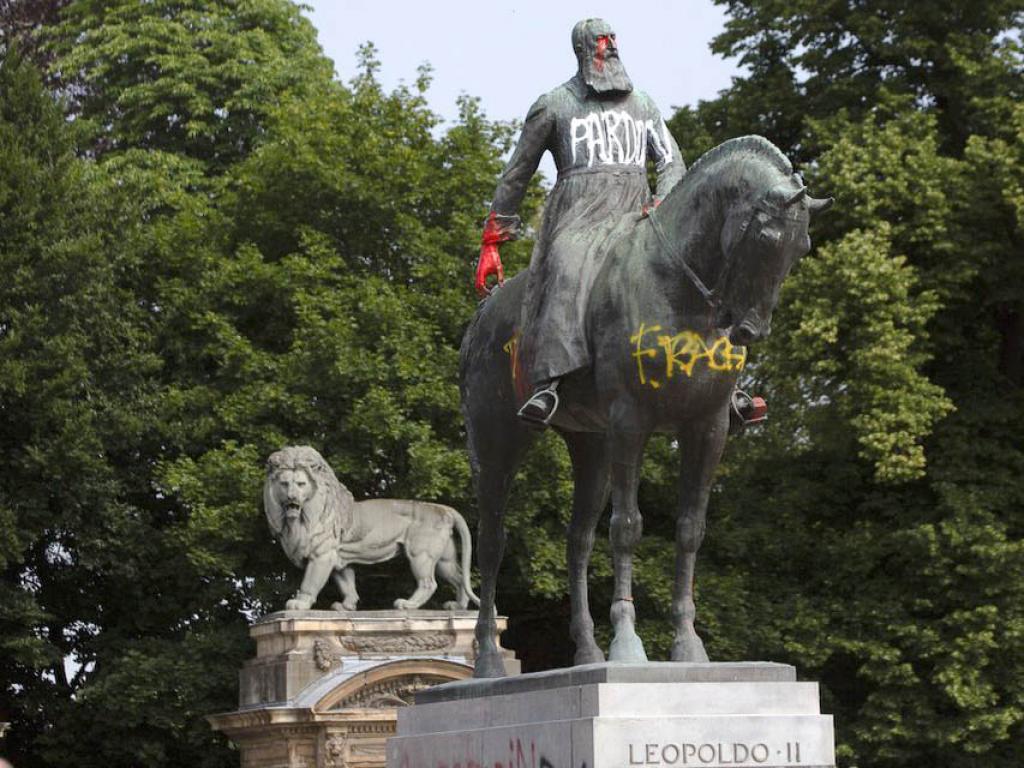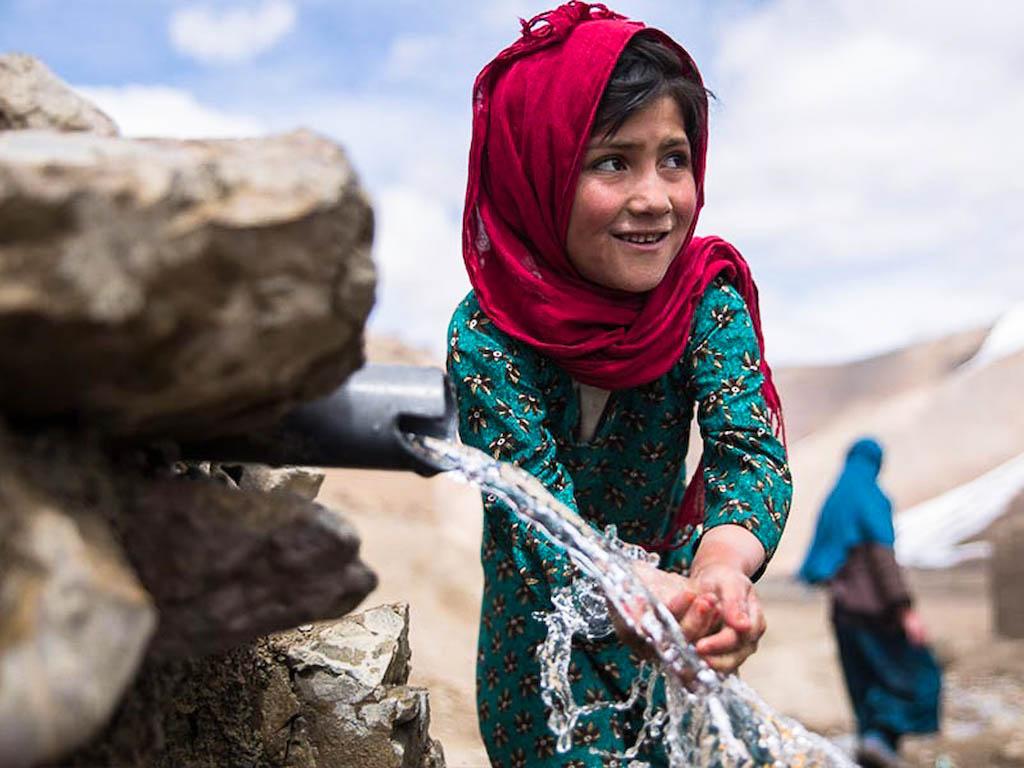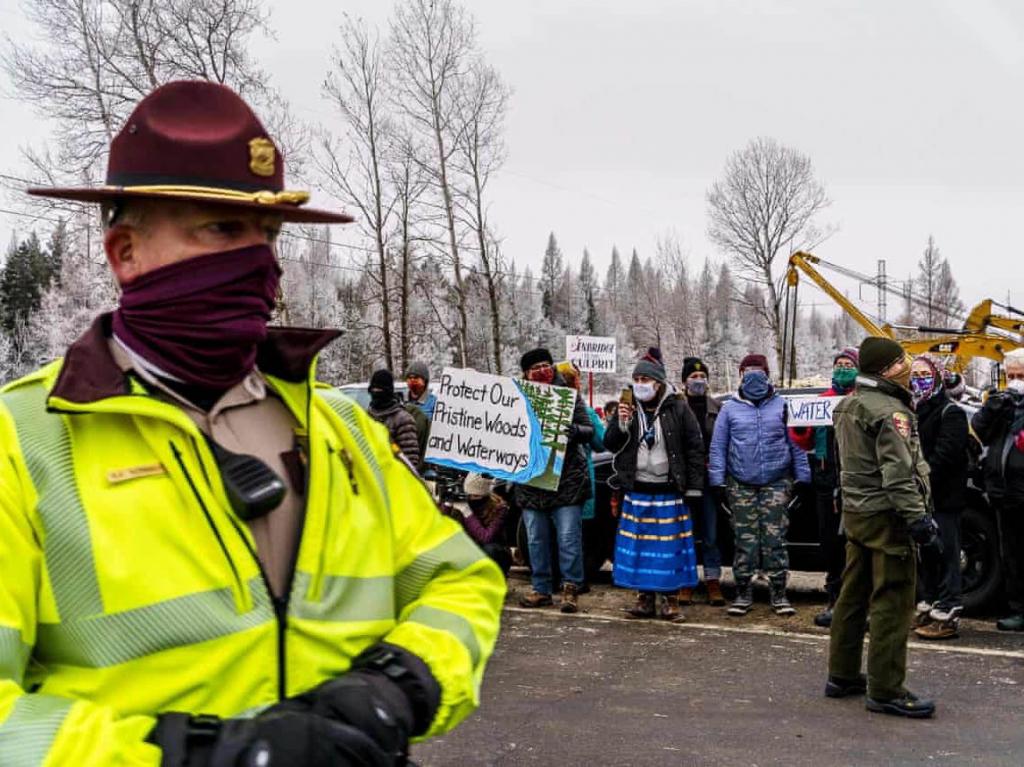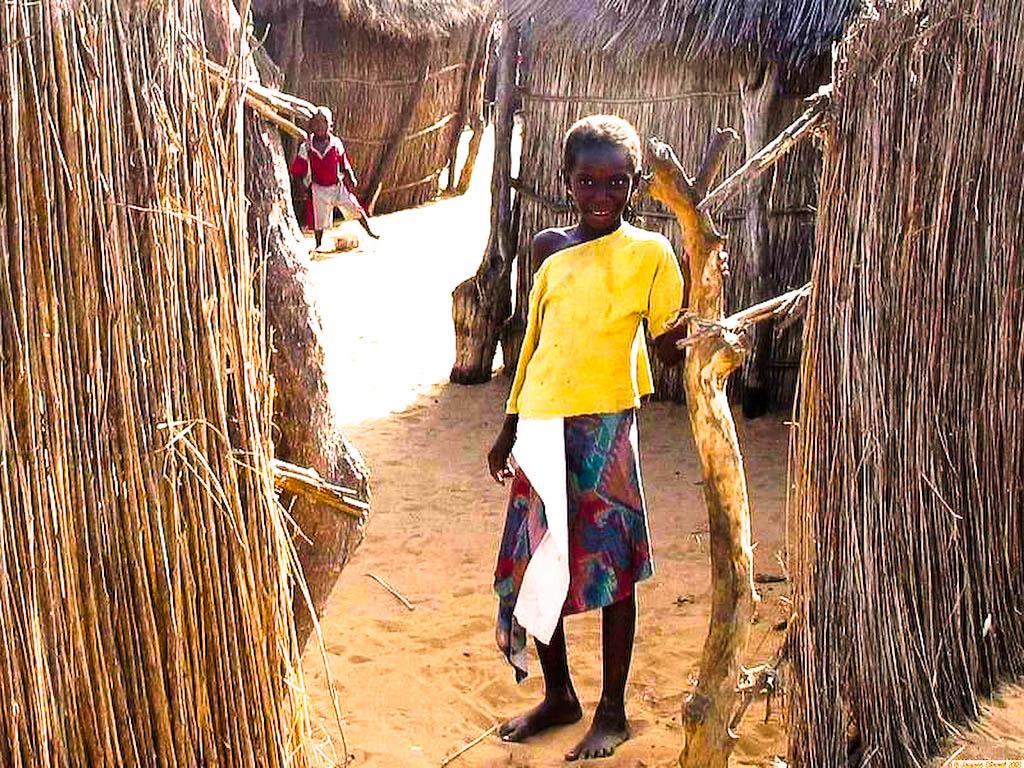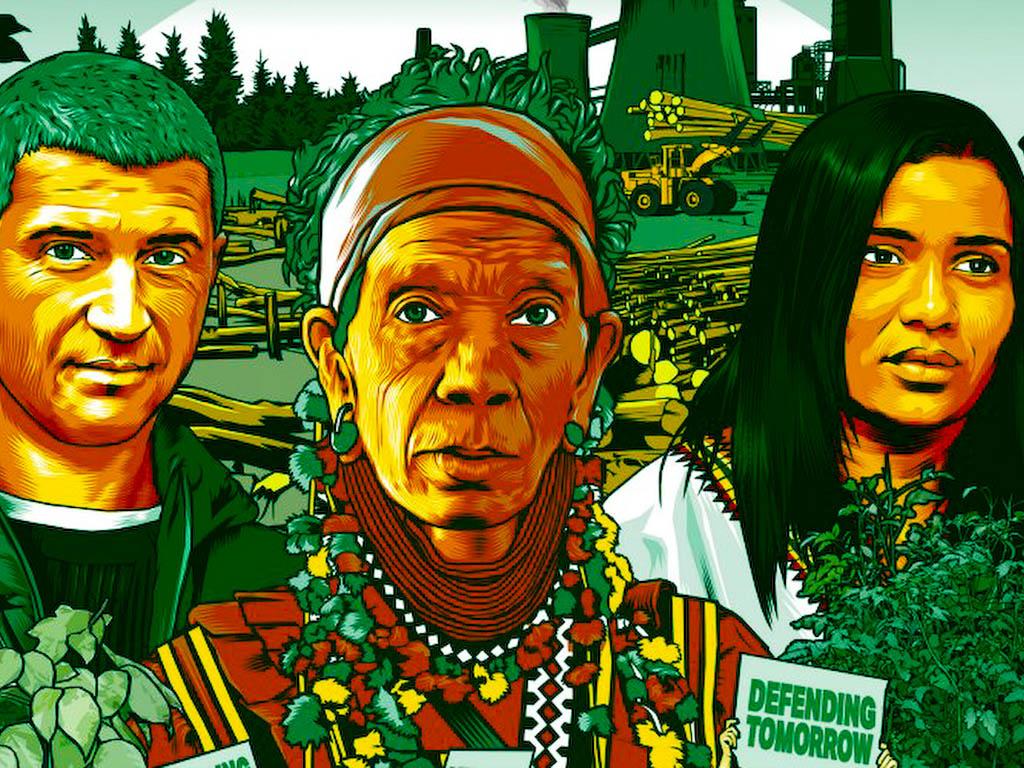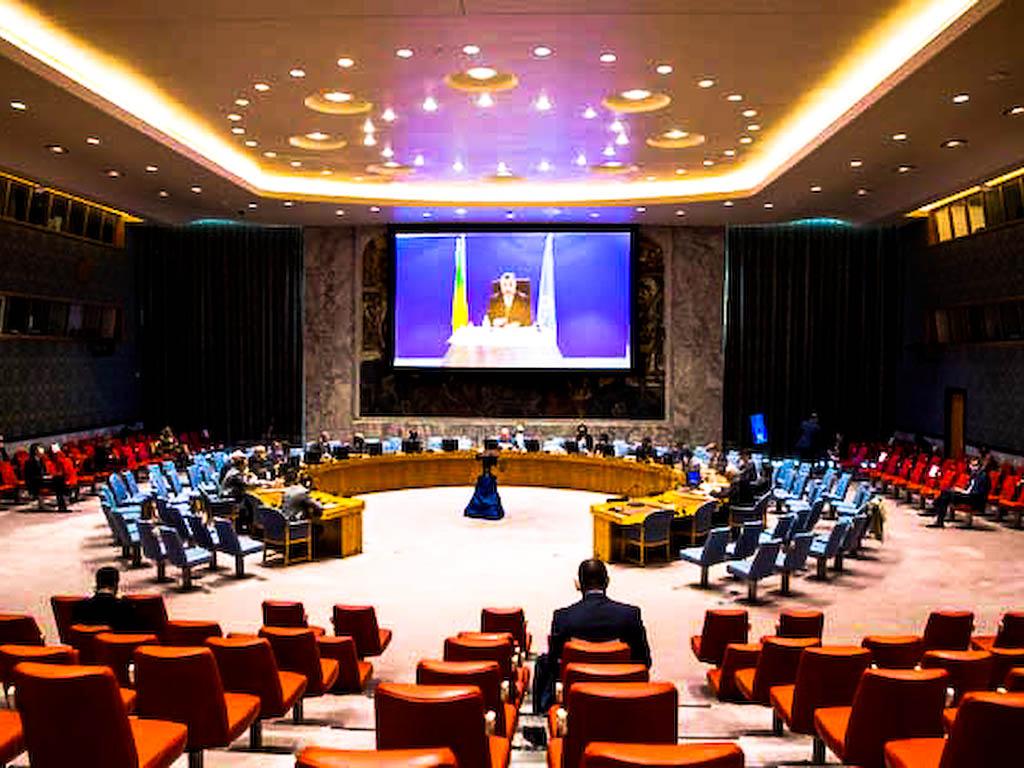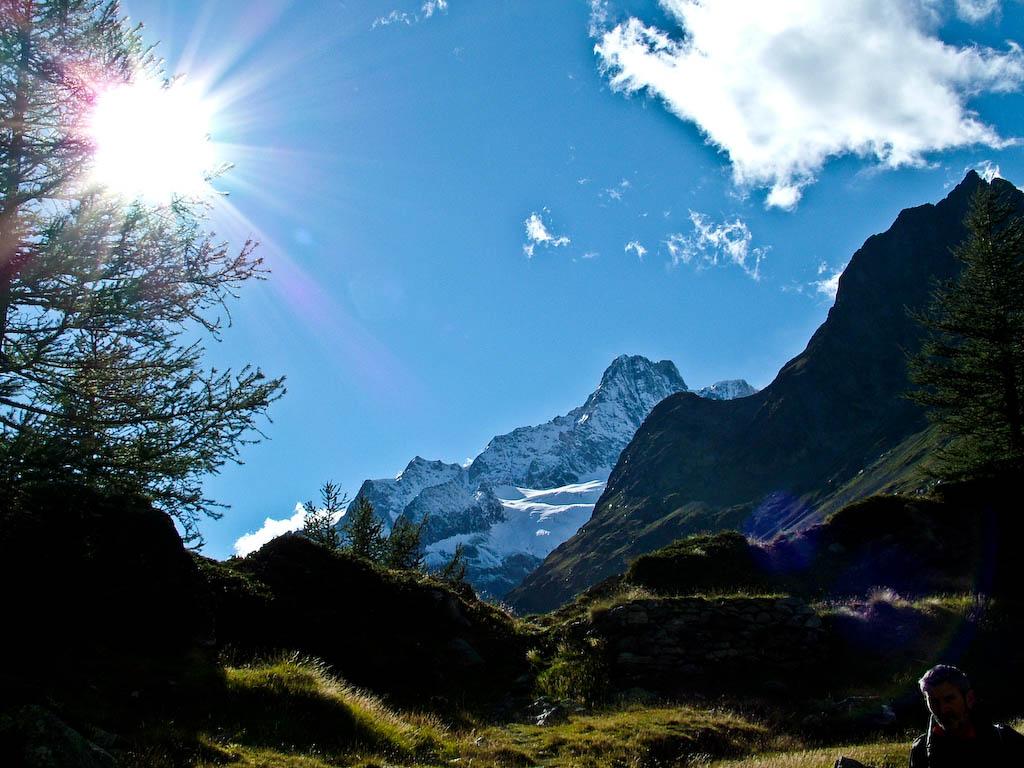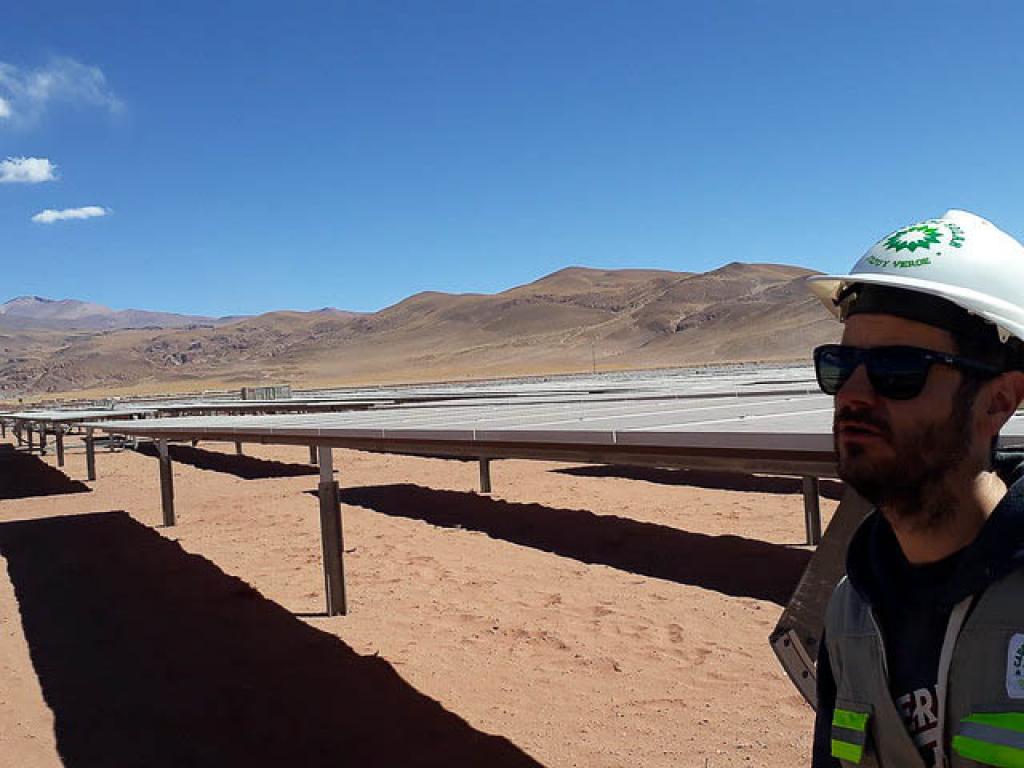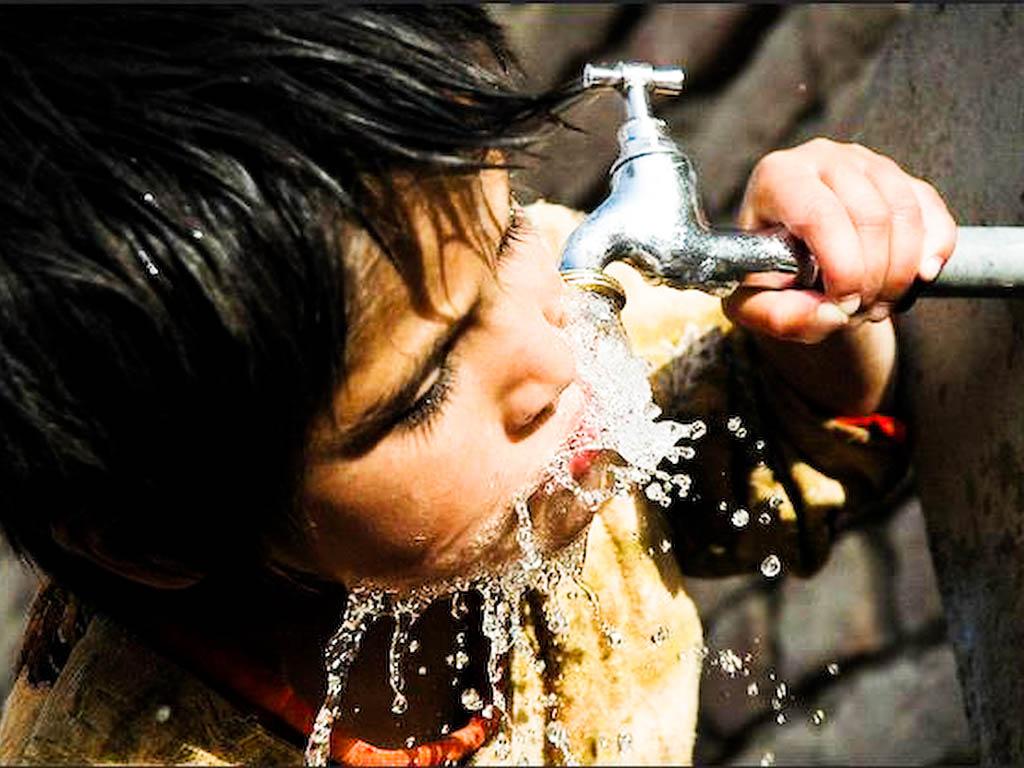Jpic News from John Paul Blog - Vol. 9 - No 3
|
THE NEWS OF THE MONTH
Genocide or democide?“History is life’s teacher” is a saying that is no longer wise and has become an empty slogan. The inability to read events in their historical context leads to condemnations and creates worst repetitions of the same mistakes. Rwanda, Rohingyas, Armenia, and how many more! (Translated from Spanish by Alissa D’Vale) The anti-racist demonstrations against the death of George Floyd, with the demolition of statues of personalities involved in slavery or racism, have brought once again Leopold II’s performance in the Congo Basin to the front page. A skilled diplomat, the king managed, at the Berlin Conference (1885), to establish a private colony, the Independent State of Congo (ISC). He, thus, became the monarch of a small country, Belgium and of the ISC – a territory of 2.5 million km2 whose soil he never set foot on. When Livingstone and Stanley explored the Congo Basin (1871-1879) its population was about 42 million people. Ten years later, the population had dropped to a third. This reduction had two ambivalent readings. Go on reading | |
|
THE GOOD NEWS
22 March. World Water DayThe good news is the theme of this year World Water Day, Valuing water. The topic goes beyond issues of pricing to include the environmental, social, cultural value, that people place on water. Water means different things to different people. What does water means to each one of us and for our society? How is water important to our home and family life, our livelihood, our cultural practices, our wellbeing, our local environment? By knowing and recognizing all the different ways water benefits our lives, we can value water properly and safeguard it effectively for everyone. The celebration of World Water Day is an opportunity to tell each other our stories, thoughts and feelings about water and discover, express, and deepen our awareness on how we are valuing water and its use in our everyday life. The World Water Day 2021 digital campaign: #Water2me asks people on social media how water is important to their home, family, livelihood, cultural practices, wellbeing, and local environment. The outcomes of this digital campaign will feed into, and help shape the forthcoming World Water Day campaign, leading up to 22 March 2021. The UN Water 2021 Campaign team have pre-prepared questions and campaign resources available in Arabic, Chinese, English, French, Russian and Spanish, and editable files (#WorldWaterDay). | |
|
THE WORST NEWS
Inside the fight to stop a pipeline on tribal landsOn the 19 Feb 2021, The Guardian with an article by Sheila Regan brought once more to the front page the issue of the Line 3 pipeline that traverses Native American land. This Line 3 is a proposed reroute of a 52-year-old pipeline operated by Enbridge, a Canadian energy corporation based in Alberta. In 2014, after two major oil spills, the Department of Justice under the Obama administration ordered the replacement line, due to its structural issues. The “replacement” pipeline runs mostly on a completely new route through Minnesota, barreling through hundreds of lakes, rivers, aqueducts and wetlands; it traverses land that Native American protected by US treaties with Ojibwe nations. It would bring nearly 1m barrels of tar sands a day from Alberta, Canada, to Superior, Wisconsin. The opposition to the pipeline is considerable, and is supported by environmental organizations and activists resisting pipelines such as the Dakota Access pipeline, and Keystone XL – a project that Joe Biden cancelled on his first day in the White House. The so-called “water protectors” are against the pipeline because of its impact on the climate crisis, oil spills and infringement on Native treaty rights. They have set up numerous camps in Minnesota, along the Line 3, a splendid and popular part of the country for recreation, hunting, and fishing. It is a wooded region thick with birch and pine trees, pristine lakes, rolling creeks and lakes filled with wild rice, an agricultural product that is historically significant to the Ojibwe. “It’s really hard to be in a situation in which we’re looking at this beautiful place and thinking about the fact that our governor has chosen to support or at least tacitly allow a tar sands project, one of the biggest tar sands infrastructure projects in North America.” Houska, the speaker of these words, is an attorney who set up camp with the resistance group Giniw Collective, which she founded. “It’s a perpetuation of cultural genocide,” she states. Recently Houska met the congress-woman Ilhan Omar, along with a group of other Native female leaders and Omar sent a letter to Biden calling on him to cancel the permits allowing the pipeline to cross under the river. “That is one of the greatest opportunities that can be given to this community.” The fight against Line 3 evokes a series of treaties signed between the US government and the Ojibwe people, including the treaty of 1837, which explicitly grants the Ojibwe the right to hunt, fish and gather in the lands, and the 1855 treaty, which in 1999, the supreme court ruled also retains those rights. More than 100 people have been arrested as they protested against the line in the last month, since construction of the project began. Enbridge calls its bn endeavor the Line 3 Replacement Project, claiming the new pipes simply replace existing infrastructure that dates back to the 1960s. Opponents say that it is an expansion not a replacement project, as the majority of the new pipeline in Minnesota takes a different course than the original. See the original text in The Guardian, 'It's cultural genocide': inside the fight to stop a pipeline on tribal lands. See also Resistance to Line 3 Pipeline Seeks to Save Sacred Manoomin and Enbridge Line 3 Fact Sheet Photo. Environmental activists protest in front of the construction site for the Line 3 oil pipeline. © Kerem Yucel –AFP-Getty Images Header Photo. Tara Houska, outside Park Rapids. © Jenn Ackerman and Tim Gruber
| |
|
CELEBRATING!
The Cry of the Poor, Laudato Si 2nd GoalThe encyclical Laudato Si' offers a special intuition of Pope Francis: the concept of integral ecology an approach highlighting that ‘everything is closely interrelated.’ The cry of the earth is no different from the cry of the poor; the ecological crisis is a social crisis. The second goal of Laudato Si' is thus a call to respond to the Cry of the Poor defending life in all its forms, with special attention to vulnerable groups such as indigenous people, migrants, unborn children and children at risk of modern slavery. Many people see the ecological crisis as the climate crisis, because the climate crisis is one of the most pervasive manifestations of the ecological crisis. However, we cannot talk about protecting the environment whilst we are neglecting the needs of the Earth’s most vulnerable people. Laudato sí calls to look at the environmental crisis as an issue of social justice, which encourages safeguarding the interests of our brothers and sisters – the nearest and the furthest - if we want to protect the future of the earth. The actual ecological crisis is thus a spiritual crisis, too. The ecological conversion and the care for each other and for the creation needs a spiritual conversion. Pope Francis therefore speaks of an integral ecology, that is environmental, economic, social, cultural, and daily life ecology, that is a human ecology (LS 138-155). For Yeb Saño, a member of the Global Catholic Climate Movement the environmental crisis is rooted in three human weaknesses. Arrogance, the belief that we are better than God is, and smarter than nature. Apathy the dangerous belief that it is somebody else’s job to care of people and of the environment. Avarice, the extreme greed making this world a worse place to live in. Greed drives individuals and corporations to think only about profits, never about people nor about the planet. Go on reading | |
|
TAKE ACTION NOW!
Thirteen shots in broad daylightIn this way Ramon's father was killed for defending the Colombian forest from expanding oil palm plantations. His son is now fighting in his turn and he too is in danger. Companies across the world are profiting from the murder of environmental defenders like Ramón's dad - while hundreds of millions of dollars of palm oil ends up on our supermarket shelves. Finally, a new groundbreaking law in Europe could hold global companies responsible for the human rights and environmental abuses occurring in their supply chains and allow victims to seek justice in European courts! For decades, large corporations have increased their profits by violating human and environmental rights: from mining in war zones to actual slavery and exploitation of children. Those who resist defending the planet are killed in the name of profit. If, as consumers, we feel powerless, this landmark law could literally change the rules of global trade, enforcing responsible business conduct throughout the production chain, to eliminate potential abuse wherever it takes place. We know that big business will try to oppose it, but the law already enjoys strong support in the European Parliament and now the European institutions want to hear the voice of their citizens and we can encourage Europe to pass this law. Sign now and defend Ramón and all those who continue to be at the forefront of the planet! For more information Global Witness Report on Land Defenders Killed in 2019 Ramón's story: Following in my father's footsteps (Spanish video with English sub-titles) We need new laws to stop companies profiting from murder European Commission Promises Mandatory due Diligence Legislation in 2021 | |
|
KNOWING THE SDGs
When Big Powers Clash, the UN’s Most Powerful Body DisappearsAt the height of the Cold War back in the 1960s, a Peruvian diplomat, Dr. Victor Andres Belaunde, characterized the United Nations as a politically wobbly institution that survives only at the will– and pleasure– of the five big powers. Simplifying his argument in more realistic terms, he said: “When two small powers have a dispute, the dispute disappears. When a great power and a small power are in conflict, the small power disappears. And when two great powers have a dispute, the United Nations disappears.” More appropriately, it is the UN Security Council (UNSC) that vanishes into oblivion, particularly when big powers clash, warranting a ceasefire, not in some distant military conflict, but inside the UNSC chamber itself. The only international body with the primary responsibility for the maintenance of global peace and security, the UNSC has often remained in a state of near-paralysis, particularly when the five veto-wielding members (the P-5) - namely the US, UK and France (in one corner) and China and Russia (in the other) - are determined to protect either their national interests, or the interests of political and military allies and client states. As the New York Times pointed, the world now has to cope with the new political realities of an “aggressive Russia” and a “rising China” which will continue to be reflected in the Security Council chamber. Go on reading | |
|
KEEP HOPING
The power of Music in telling nature“Music is life itself,” used to say Louis Armstrong, but “Music has healing power. It has the ability to take people out of themselves for a few hours,” (Elton John). “The idea of music having a use goes back centuries. The beginnings of written-down music was the liturgy, and obviously, that has a connection with the idea of a meditative state and all of that,” (Max Richter). It is true what Aretha Franklin said, “Music does a lot of things for a lot of people. It’s transporting, for sure. It can take you right back, years back, to the very moment certain things happened in your life. It’s uplifting, it’s encouraging, it’s strengthening.” Music has played a fundamental part in human evolution. Some theories suggest that music preceded speech. What cannot be disputed is the response that music universally provokes in mankind. What is new is the use of music to transform information from the natural world into sound. Scientists are now investigating ways of harnessing this power to help them with the analysis and presentation of complex data through music. Both the body temperatures of hibernating Arctic ground squirrels and changes in the Antarctic ice over the past 400,000 years are among the diverse collections of natural data translated into music (Zoe Gough). That is understandable because as Matt Haig said in How to Stop Time, “Music doesn’t get in. Music is already in. Music simply uncovers what is there, makes you feel emotions that you didn’t necessarily know you had inside you, and runs around waking them all up. A rebirth of sorts.” “When music is needed, it’s really there and it serves a purpose,” (Jóhann Jóhannsson) If, “music can lift us out of depression or move us to tears – a remedy, a tonic, orange juice for the ear,” (Oliver Sacks) how more it can introduce us in understanding and share the sound of life rolling in nature. “Each time you play or listen to music, it becomes new. This is one way I’ve been thinking about memory and the present, past and future times all fitting together. Very often we go through life without thinking about that moment. We talk about mindfulness but we’re not very mindful, most of us,” (Philip Glass). Let’s find time to listen to the Music Meditation on Nature | |
|
WORTH THINKING ON
Solar Power from Argentina’s Puna Highlands Reaches Entire CountryThe unprecedented growth of renewable energies in Argentina over the last three years has borne its greatest fruit: the Cauchari solar park, with nearly one million photovoltaic panels and 300 MW of installed power, which was connected to the national power grid on Sept. 26, 2020. The solar park is located in the extreme northwest province of Jujuy some 1,700 km from Buenos Aires, near the borders with Chile and Bolivia, with whom it shares the Puna ecoregion of high Andean plains covered by grasses and shrubs. The initiative cost 390 million dollars and is the latest reflection of China’s involvement in the Latin American economy: not only the two construction companies but also most of the financing came from the Asian giant. An indigenous shepherd tending his llamas or a herd of wild vicuñas that flee as soon as they see a vehicle approaching are the only sights that attract the visitor’s attention – as IPS found on a recent visit to the area – in the solitude of the arid Cauchari environment, which covers some 800 hectares in the Argentine Puna, at an altitude of more than 4,000 metres. Between September 2018 and October 2019, 2,664 trucks with containers loaded with Chinese components and technology arrived at this remote spot so far from the large centres of electricity consumption, where water is scarce and it is hard to breathe because of the altitude. Previously they had disembarked in the Chilean port of Antofagasta, on the Pacific Ocean, or in the Argentinean port of Zarate, on the Atlantic. “It is the largest operating solar park in South America and we consider it a great boost for changing the energy mix in the entire region,” Guillermo Hoerth, president of Cauchari Solar, a company owned by Jujuy province, told IPS by phone. Go on reading | |
|
RESOURCES
The listing of water on Wall Street is “extremely dangerous”Trading water on the Wall Street futures market – the New York Stock Exchange – as occurs with oil or wheat, “is extremely dangerous news, in fact very bad news,” declared the Spanish Pedro Arrojo, United Nations Special Rapporteur on the right to water and sanitation. Water “is not only an important element for the economic sectors, it is above all, a vital element for life itself, for the sustainability of nature, human beings, their health and their communities – aspects that are not recognized by the market and that the market does not know how to do so.” “The difference is that without oil you cannot go anywhere by car, but you can go on foot; on the other hand, without water you will die within a week. That is why water is a human right and oil is not.” The most serious thing is that water, “which in some way was already in the markets, now enters the future markets, which is the object of speculation,” Arrojo said in an interview with the Colombian media outlet Blu Radio. Keep reading the development of the news with the following links: Water on Wall Street: Finally, humanity can bet on the future price of water UN: listing water on Wall Street violates basic human rights Water Begins Trading on Wall Street in the Futures Market for Fear of Shortages California Water Futures Begin Trading Amid Fear of Scarcity | |
|
WITNESSING
Breaking bread“This isn’t just a romantic exercise. We don’t like the way the food system treats the earth and its negative health effects on the people, and we are working to actualize and alternative.” (Miguel Santistevan, a New Mexican farmer and teacher). In the fall of 2011, the Occupy movement was growing like a weed – quickly and strongly. In groups as small as two and as large as 200,000, people gathered in public spaces around the world to challenge an economic system that has long abandoned the majority for the profit of a few, creating what Arun Gupta called “liberated territory” in the “great cathedral of global capitalism.” The first group of protestors on New York City’s Wall Street publically delivered 23 complaints, outlining the ways in which corporations control our daily lives. Number four asserted, “They have poisoned the food supply through negligence and undermined the farming system through monopolization.” The same season, on the other side of the earth, farmers in Lufeng, China were also in the streets. They were protesting the city government’s seizure and sale of 800 acres of farmland to an upscale property development ironically named Country Garden. In Bolivia, around the same time, the president was forced to suspend construction of a major highway after indigenous activists led a 41-day march in protest. The road would have cut through protected forests and indigenous ancestral lands in order to shuttle commerce between Brazil and ports in Chile and Peru. And simultaneously, back in the Northern hemisphere, in rural New Mexico, a winter farmers’ market was starting up on Taos Indian Pueblo land. The shelves held garlic, carrots, chokecherry jam, blue corn flour, hot tamales, and giant heads of Napa cabbage harvested from the greenhouse. The market room and greenhouse were both heated by a furnace stoked with wood from the surrounding hills. A sign on the front door said, “come back next week and we’ll have fresh buffalo.” A common thread links these stories happening around the globe: a vison of a society that values life and earth over profit. One cornerstone on which this vision rests is the revival of community-led, sustainable food system, and an end to corporate control of food, land, and agriculture. How we feed each other and ourselves is the backbone of how, historically, we have organized our communities and societies. The ways in which we arrange our agricultural systems make evident our larger worldviews. Food literally and figuratively connects us to each other, to our ancestors, to our culture, and to the earth. All food is soul food because it is, in fact, that deep. From community gardens to global policy, a movement is growing to reclaim and transform our food system. The movement addresses,
|

- Office P.O. Box 138 - Montclair NJ 07042 0138 US
- Please, share your suggestions, opinions, doubts and ideas writing to pezzijp@hotmail.com
- You can subscribe also by writing to pezzijp@hotmail.com
- For all back issues www.combonimissionaries.org - www.comboni.org
- Copyright © www.jpic-jp.org

